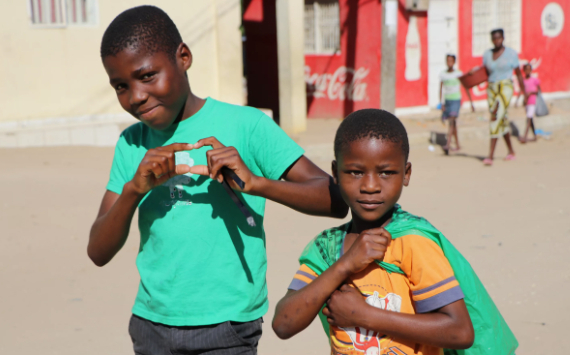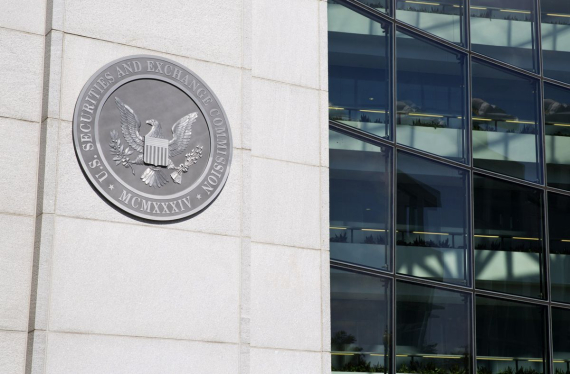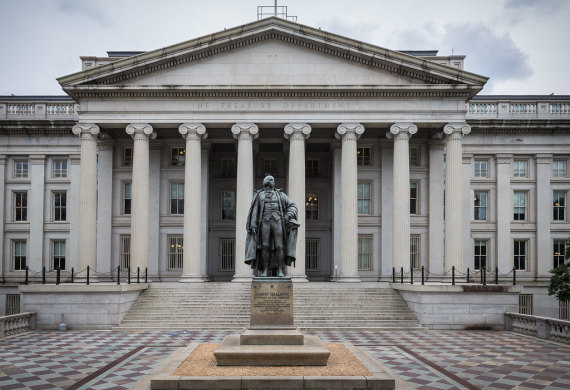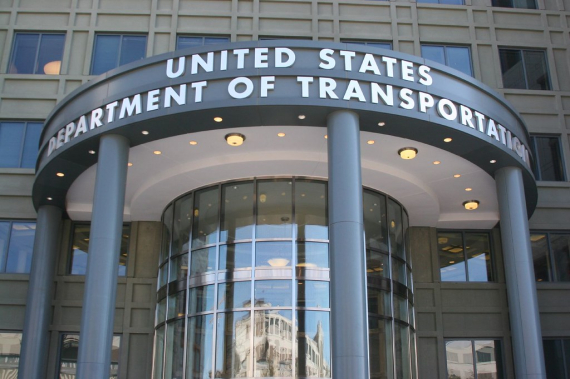Day of the African Child

The International Day of the African Child is celebrated each year on June 16th, focusing on increasing awareness of the issues that African children face and advocating for their rights to education, healthcare, and safety. This day honors the courage of the students who took part in the 1976 Soweto Uprising, a pivotal moment in the fight against apartheid in South Africa. It also highlights the ongoing need for action to enhance the quality of life and educational prospects for children throughout Africa, emphasizing the importance of continued efforts to secure a brighter future for them.
About the holiday
Brief History of the Holiday
The International Day of the African Child was established by the Organization of African Unity (now the African Union) in 1991 to honor the memory of the Soweto Uprising of June 16, 1976. On that day, thousands of black South African students took to the streets to protest against the poor quality of their education and the imposition of Afrikaans as the medium of instruction in schools. The peaceful protest was met with brutal violence by the apartheid regime, resulting in the deaths of hundreds of young people. This tragic event drew global attention to the harsh realities of apartheid and the struggles faced by African children. The establishment of this day was intended not only to honor those who lost their lives but also to focus attention on the current issues that African children continue to face, such as access to quality education, healthcare, and protection from violence and exploitation.
How It's Celebrated
The International Day of the African Child is celebrated through a range of activities aimed at raising awareness about the challenges faced by African children and advocating for their rights. Governments, NGOs, and community organizations often organize events such as educational workshops, seminars, and conferences that focus on issues like child rights, access to education, and healthcare. Schools across Africa and beyond may hold special assemblies or classroom activities that teach students about the significance of the day and the history of the Soweto Uprising. Additionally, many organizations use this day to launch campaigns aimed at improving educational opportunities for African children, often highlighting the need for investment in schools and teacher training. Media outlets may also run special programs or documentaries that shed light on the current conditions facing African children, fostering a global conversation about how to support and protect them. Through these activities, the day serves as a platform for promoting the empowerment and well-being of African children.
 International Day of the African Child
International Day of the African Child
Interesting Facts
- The Soweto Uprising of 1976, which the International Day of the African Child commemorates, involved over 20,000 students.
- The theme for the International Day of the African Child changes each year, focusing on different aspects of children's rights and well-being.
- Despite progress, millions of children in Africa still face barriers to accessing quality education, with girls being particularly disadvantaged.
- The day is observed not only in Africa but also globally, with events organized by African diaspora communities and international organizations.
- The African Union uses this day to evaluate the progress made in implementing policies that protect and empower children across the continent.
Were born on 16 June
On this International Day of the African Child, let us honor the courage of those who fought for justice and equality. Together, we can continue their legacy by advocating for the rights and education of every African child. Let’s strive to create a brighter future for all children across the continent.




































